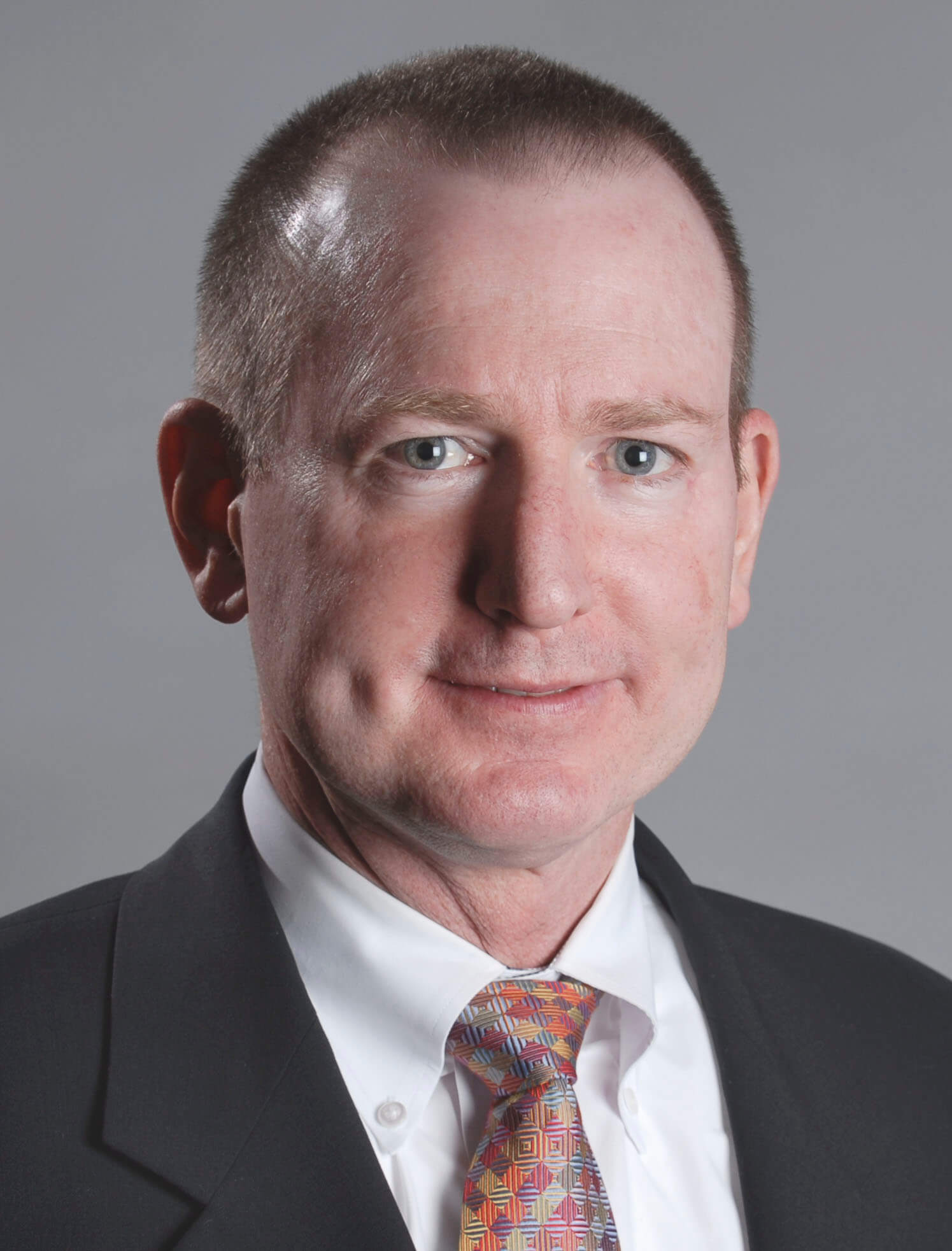 By Dr. Kevin Lynch
By Dr. Kevin Lynch
Note: This post is republished with permission from the Corporate Responsibility Association.
I am a left-brain thinker. I love logical, analytical and objective thought processes. It’s probably no surprise that my background is in accounting and finance. Friends and colleagues don’t usually describe me as intuitive, thoughtful or subjective, all right-brain attributes. Yet, is it possible to be a truly effective leader only using one side of your brain?
I believe the answer is no. In today’s world, leaders are required to wear many hats and deal with highly complex issues. Peter Senge, in his book The Fifth Discipline, talks of developing the art of seeing the forest and the trees. To do so, he suggests developing a fifth discipline – the discipline of seeing wholes. This discipline is also known as systems thinking.
According to Senge, this fifth discipline is built upon a foundation of four core competencies, one of which is personal mastery. Personal mastery is the ability to continually clarify what is important to us and to continually learn in order to see current realty more clearly.
Leadership guru John Kotter suggests in his book Leading Change that leaders are not born. Instead they are made over a lifetime of learning that allowed them, as Senge would say, to see wholes. This concept of lifelong learning – the continuous process of acquiring knowledge and incorporating this knowledge into one’s personal, social and work life – has become an ideal in today’s world. (Search Google and you will find over 7 million explanations why.)
From CFO to Ph.D.
Several years ago, while I was working as a CFO, it became increasingly apparent to me that I was ill-equipped for everything I was being asked to do. While I had an excellent undergraduate and graduate education in accounting and finance, I was operating almost exclusively from a left-brain perspective. Yet, I had responsibilities that included, for instance, human resources and risk management, tasks that couldn’t be managed solely from a spreadsheet. I had to find a way to broaden my thinking.
The path I chose was formal education. I pursued a Ph.D. that was designed for experienced executives who continued to work full-time while going to school. The experience was so transformative for me that I now work for The Center for Values-Driven Leadership at Benedictine University, guiding other executives through the same process of becoming a scholar-practitioner.
Earning a Ph.D. is a rigorous and difficult endeavor. However, having been in the workplace for more than 30 years, I have come to believe that scholar-practitioner programs, such as the one at Benedictine, are like a finishing school for business leaders. The exposure to cutting-edge topics and new ideas brings a completely different perspective to one’s job. Perhaps most importantly, having been exposed to a multitude of new ideas and research, a leader can choose those ideas that might benefit hers or his organization and create new value for the organization and its ownership.
Granted, a Ph.D. is not right or possible for everyone. In order to pursue a Ph.D. while working is something that requires buy-in from the organization in order to maintain a reasonable work-life-education balance. Yet, I am of the opinion that the later-in-life Ph.D. may be the new MBA. Undergraduate and master’s level work are great ways to gain the tools to do your job well. However, a Ph.D. offers powerful new perspectives on how to use those tools.
Earlier I asked if it is possible to be a truly effective leader only using one side of your brain. Whether you operate primarily from the left or right side of the brain, the answer is no. Great leaders realize this and become lifelong learners in order to overcome their innate tendencies. Whether you your learning path includes a Ph.D. or something less ambitious is less important than just getting on the learning path and staying on it continuously. In the end continuing education allows us to see current reality more clearly by allowing us to become full brain thinkers.
___
Dr. Kevin Lynch is Leadership Executive-in-Residence at the Center for Values-Driven Leadership. As a practitioner, academic and consultant, Kevin specializes in assisting organizations that are experiencing rapid change, particularly with regard to strategic growth decisions, and the implementation of appropriate organizational infrastructure. Before joining the Center, Kevin was a senior executive in the real estate industry. He also is co-owner of Williams and Hall, a wilderness canoe outfitting business in Ely, Minnesota.
___
Looking to grow your own leadership capacity while leading your company? Learn more about our M.S. in values-driven leadership – designed for executives.

